Many parents feel comfortable talking to their kids about sex. But many don’t. This may depend on how you were brought up: if you didn’t talk about sex with your parents you may feel uncomfortable or embarrassed having these conversations with your children. You may feel that you won’t be able to answer all their questions, or that you don’t know the right words to use and might confuse them. Or you may want to keep this subject away from your child altogether.
But it's important for parents and carers to talk to their children about sex and relationships to help them learn about healthy relationships and also help keep them safe. So here are our top tips to help make these conversations easier.
Why is it important to talk to my child about sex and relationships?
Even if you don’t talk to your child about sex and relationships, they’ll pick up information elsewhere – at school, from friends, online, or even from pornography. Not all these sources are reliable, and this can be confusing and intimidating for your child, and may give them the wrong idea about what is and isn’t okay.
Giving them the chance to ask questions and talk openly and safely about sex with the person they trust most in the world (you!) will help them make sense of it all, and they’ll be more likely to grow up feeling that they don’t need to hide things and can say no to things that aren’t okay.
Sadly, it's also important for parents and carers to talk to their children about sex and relationships so that children can recognise the signs of abuse. Most important of all, they need to know that they can come to you or another trusted adult if anything happens that worries or upsets them and that you will never judge or blame them.
These pages have more advice on how you to build a good relationship with your child so they’re more likely to come to you with problems.
When should I start talking to my child about sex?
Children are naturally curious, so it’s no surprise that they start to wonder about things like why girls and boys are different and where babies come from when they’re very young. Rather than dodge the issue (tempting as it may be), it’s best to answer their questions in as straightforward a way as you can.
If you’re not sure how to go about this, it can really help to look at the Relationships, Sexual Health and Parenthood (RSHP) website. This sets out everything that your child will learn at school about sex, relationships and parenthood, so it’s a great resource to look at if your child asks questions you’re unsure how to answer, or if you’re not sure what language to use. It also recommends books you and your child can read together to help explain things.
The NHS website The Chat can also help you answer specific questions your child may ask.
What’s ‘normal’ when it comes to sexual development?
Every child is different and may become interested in sex and relationships at different ages. This may depend on what they see – from animals in the zoo mating to images online. But as they grow up, the way they express their sexual feelings changes. For example, it’s natural for children to be curious about the changes that happen to their bodies during puberty, and for teenagers to show an interest in sex and relationships.
Many sexual behaviours that children and teenagers show as they grow up are normal and healthy, so there’s no need to worry as long as they’re not causing harm to others or themselves. This page on the Parenting Smart website has lots of information on what you can expect at each age as your child develops and has advice on how to help them through each stage. This page on the NSPCC website has more information about healthy sexual development and where you can get help and support if you’re worried about your child’s sexual behaviour.
What do I say when my child asks where babies come from?
Every parents’ favourite question, usually asked at the top of their voice while sitting on the bus! But there’s no need to be embarrassed – children really want to know these things, so it’s best to answer them honestly, using straightforward language.
You can find ideas about how to talk about where babies come from in this PDF from the RSHP website, which includes a useful list of books you can look at together. You can also find some helpful FAQs and suggested answers about babies and pregnancy in this download. You could even download these to your phone, so next time the conversation on the bus turns to babies, you’ll be ready!
When will my child learn about sex at school?
Between P5 and P7 your child will start to learn about sex as part of a loving adult relationship, and about contraception and condoms. Everything is explained in a very straightforward, basic way that’s appropriate for their age. This PDF from the RSHP website tells you more, and has suggestions of books you can read together at home to make talking about this easier.
How can I teach them about contraception and safe sex?
While this subject is touched on in primary school, children don’t learn about contraception or sexually transmitted infections in detail until S1 or S2. However, it’s good to let them know you're there for them if they have any questions or need support.
To help answer any questions, you could take a look at Childline’s advice for young people about pregnancy, sexually transmitted infections (STIs) and contraception and safe sex.
How do I talk to them about different sexualities and what they may be feeling?
In school, children are first taught about different sexualities in P5-P7. They learn about:
- what makes them unique and the idea of diversity
- what is meant by the terms heterosexual, gay, lesbian and bisexual
- sexual orientation in the context of learning about love.
You can see exactly what they learn and the words their teachers will use on the RSHP website. This forms a good basis for your conversations with your child. Again, if they ask questions it’s always best to answer honestly and clearly, and to let them know that they can always talk to you about anything.
Our page on talking to your child about LGBT+ and gender identities has more information and advice.
The LGBT Education website is also good to have a look at: it helps teachers become more LGBTQI+ inclusive in their lessons, so all children feel valued, understood and included at school.
The NSPCC website has more advice on talking to your child about their sexual orientation and how to support them if they come out to you.
Do children learn about gender identity in school?
Children start to become aware of the physical differences between boys and girls when they’re around two years old. This is when they start to work out what gender they are. Gender identity is the gender we feel we are inside. This may be a different gender to the sex recorded at birth, or neither gender, or both, or something else.
At school children are always encouraged to be whatever kind of boy or girl they want to be and to challenge stereotypes. You can support them in this at home as well, for example by not talking about things like toys, clothes, hobbies, jobs, films or behaviours as ‘for girls’ and ‘for boys’.
Our page on challenging gender stereotypes and this page on the Parenting Smart website have more tips on how you can help your child develop a positive, comfortable gender identity. Our page on talking to your child about LGBT+ and gender identities has more information and advice.
What if I have any concerns about what my child is learning at school?
Your child’s school will keep you in the loop about everything your child is learning about sex and relationships, so you’ll always know what they’re being told, the words that are being used and how you can support this at home. You can also access all the resources teachers use on the RSHP website. These resources have all been developed with your child’s best interests at heart, but if you’re concerned about anything, you can always speak to your child’s teacher about it.
What if my child is upset or anxious about the things they’re learning?
Your child’s teachers will be approaching the subject sensitively and your child won’t be taught anything that isn’t appropriate for their age. However, some children can find the thought of their bodies and feelings changing a bit scary, so it’s a good idea to chat to your child regularly about what they’re learning. That way, if they are anxious or confused about anything, they’ll have a chance to tell you without having to make a big deal of it. You’ll probably be able to set their mind at rest yourself by taking their worries seriously and talking them through together. But if you’re concerned that this isn’t working it’s a good idea to get in touch with their school for further support.
How can I encourage my child to have a healthy, safe attitude to sex and relationships?
Every parent wants their child to make good friends and form loving relationships as they grow older. You can start encouraging them from a very early age – our page on helping your child to make friends has lots of tips you can try. In addition, your child will be taught all about healthy friendships and loving relationships at school, and will learn that sex should be part of a kind, loving, mutually respectful, consensual relationship, so talking about this at home as well will help too.
How do I talk to my child about consent?
Consent means asking someone’s permission to do something. It’s never too early to start talking to your child about the importance of asking permission before we do something that affects someone else. It’s okay to say no if someone wants you to do something that makes you feel uncomfortable. Our page on talking to your child about consent has more advice.
Should I talk to my child about porn?
Online porn can give people unrealistic ideas about sex, consent, relationships and body image, so it’s important to be able to talk to your children about it. Although they probably won’t learn about it in school until S1, ideally it’s a good idea to talk about it before they get a smart phone or start using social media. Try to make it a part of your chats about sex and relationships, so it doesn’t become a taboo subject. Let them know that if they have any questions, or see anything that upsets them, they can always talk to you about it.
If you find out your child’s been looking at porn, try not to get upset or angry, or to take their devices away as a punishment. Young people are naturally curious about sex. They may have questions they don’t want to ask anyone else, they may have been pressured into looking at porn by their friends, or they may stumble across pornographic content by accident.
So whether they access porn deliberately or by accident, it’s best not to over-react, but to have a calm, honest conversation with them about it instead. You could use it as an opportunity to challenge what they’ve seen. For example, you could talk about how men and women are stereotyped in porn, how the sex portrayed isn’t realistic, and how porn can make non-consensual sex seem okay, when in reality it never is. You could try reading Childline’s advice for young people to help them understand online porn myths together.
We know these conversations can be difficult, but there are lots of resources to support you and give you confidence to speak to your children about sexual content online, including the Children First and NSPCC websites.
What if I’m worried about the way my child talks about sex?
Kids are natural sponges and pick up ideas, language and attitudes from all over the place – at school, from older children and online. So despite you and their school encouraging them to be kind and respectful, they may still pick up offensive language and attitudes towards people who are different from them.
If you hear your child talking in a way that you feel is disrespectful (for example, using racist, sexist or homophobic language), have a talk to them and explain to them why it’s wrong. They may well not realise that what they’re saying is hurtful and can make people feel excluded. It’s important to help them understand that we’re all different and it’s not big or clever to be rude about our differences.
What if my child has additional support needs?
Children with additional support needs may need some extra explanation or support when learning about sexual health and relationships, or may benefit from learning some things at different age. Your child’s school will take this into account and support them as required – you may wish to talk to your child’s teacher about this. There are lots of resources you can look at too, which you can find on the RSHP website.
What if I’m worried about my child’s sexual behaviour?
Many sexual behaviours children develop as they grow up are normal and healthy, as long as they’re not harming themselves or anyone else. This page on the NSPCC website has more information about healthy sexual development and where you can get help and support if you’re worried about your child’s sexual behaviour.
The best way you can encourage your child to have a positive, healthy attitude to sex and relationships is to talk to them honestly about what’s okay and what’s not. The Upstream project has some helpful tips on how to create a safe and supportive environment for your child, so you can help protect them from experiencing harm and also from harming others.
Our section on sex and relationships for teens also has information on healthy and unhealthy relationships, consent and harmful sexual behaviour.
Further information on harmful sexual behaviours, particularly online, can be found on the ParentInfo website and the NetAware website. Information and support for young people on sex and relationships can found on the Childline website.
 Activities & Play
Activities & Play Behaviour
Behaviour Childcare
Childcare Development & Growing Up
Development & Growing Up Family, Friends & Relationships
Family, Friends & Relationships Feeding Your Baby
Feeding Your Baby Food & Eating
Food & Eating Health & Safety
Health & Safety Mental Health & Wellbeing
Mental Health & Wellbeing Money & Work
Money & Work Online Behaviour & Safety
Online Behaviour & Safety Pregnancy & First Days
Pregnancy & First Days School & Education
School & Education Sleep
Sleep

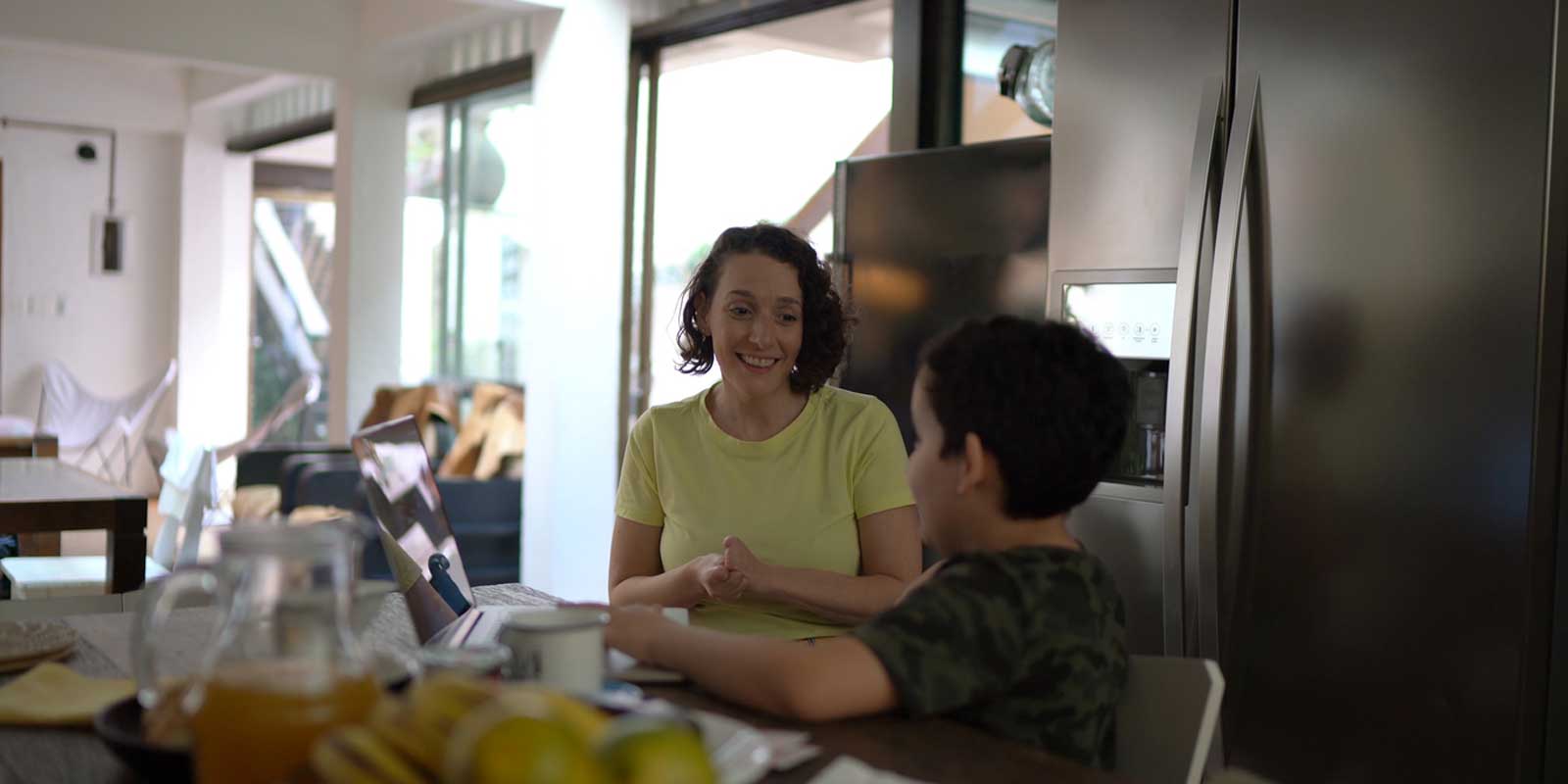
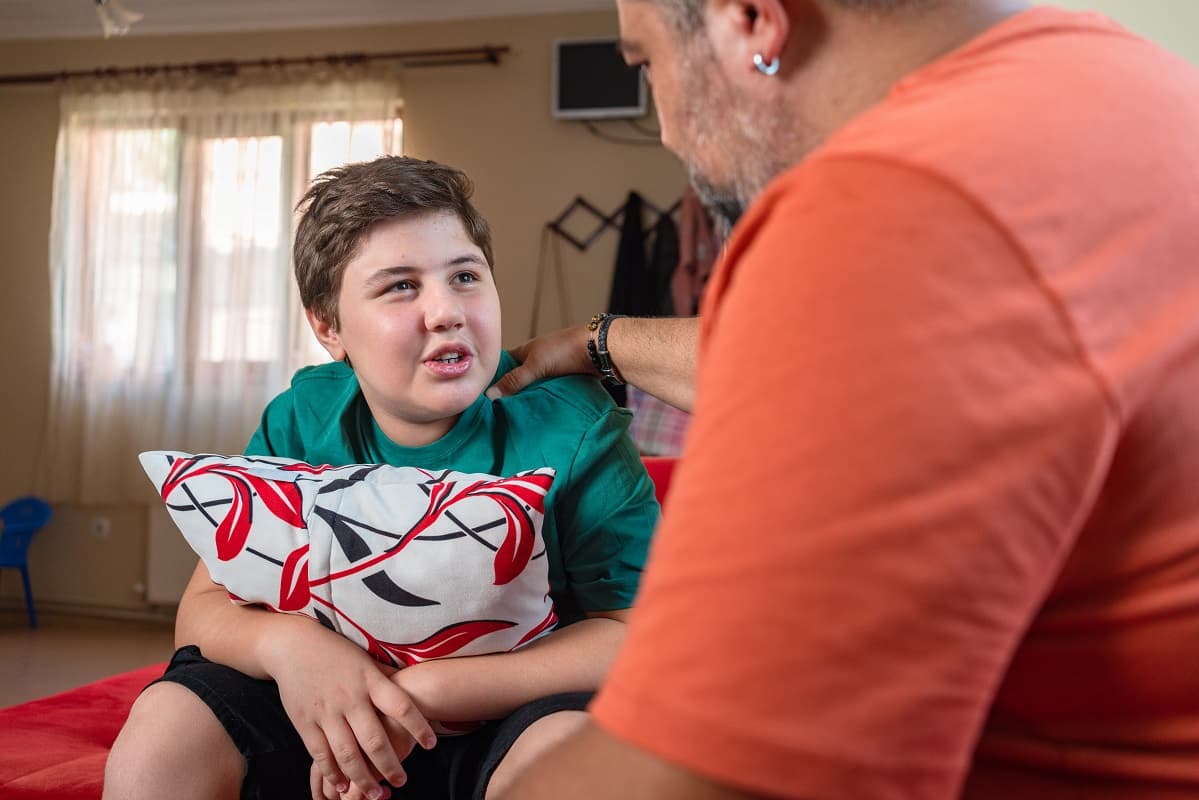
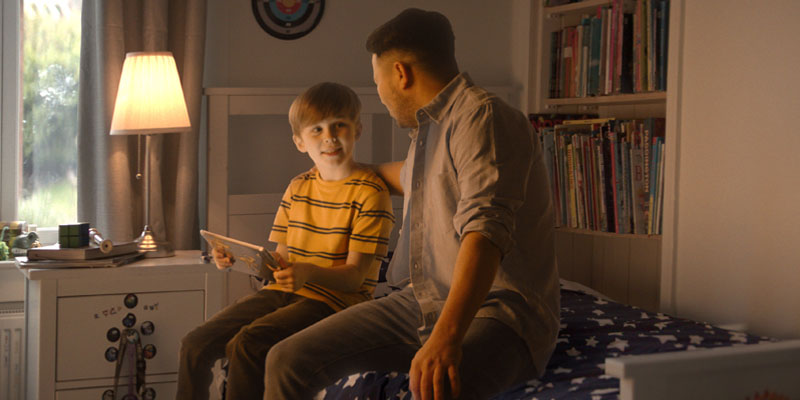
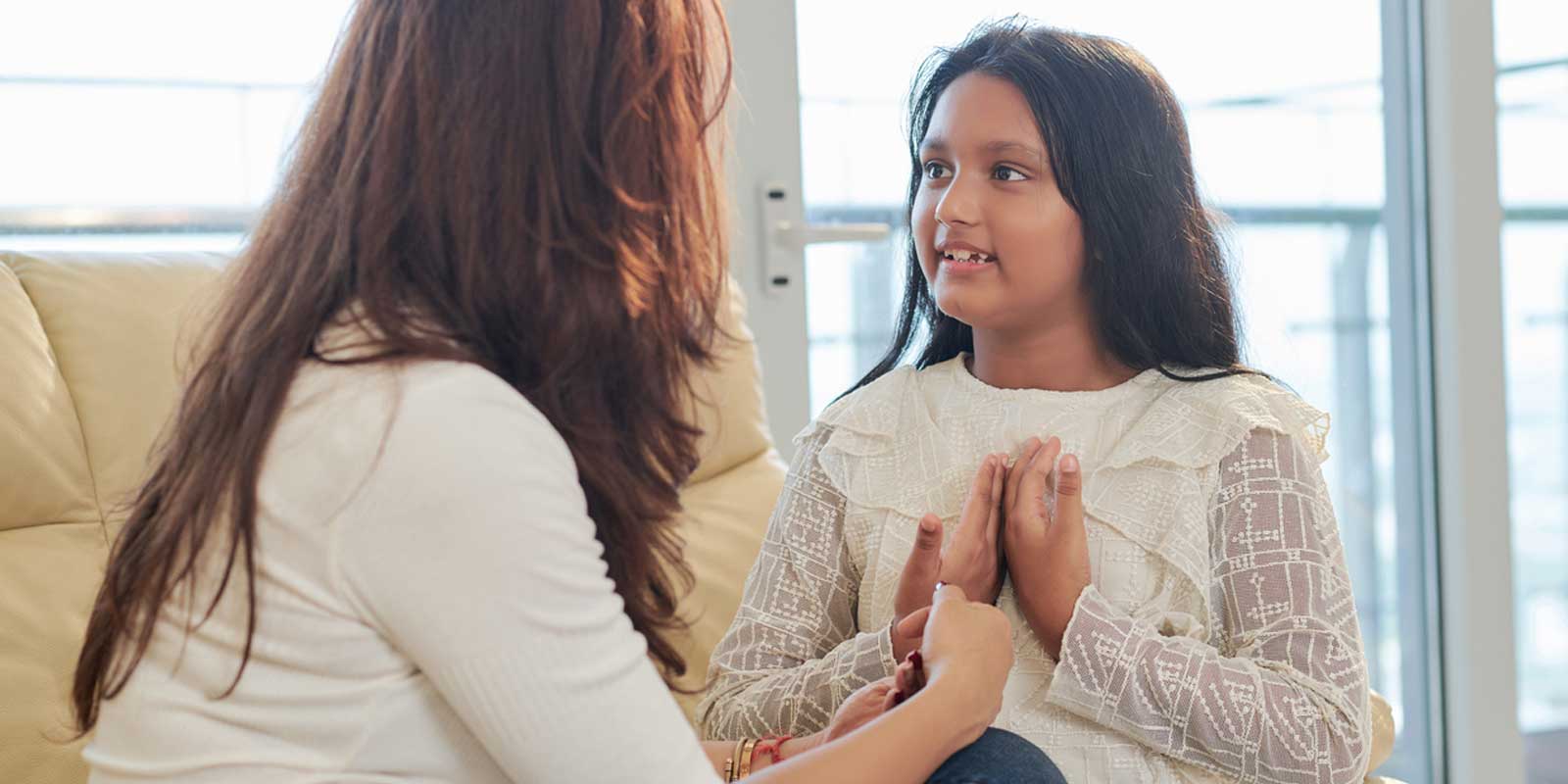
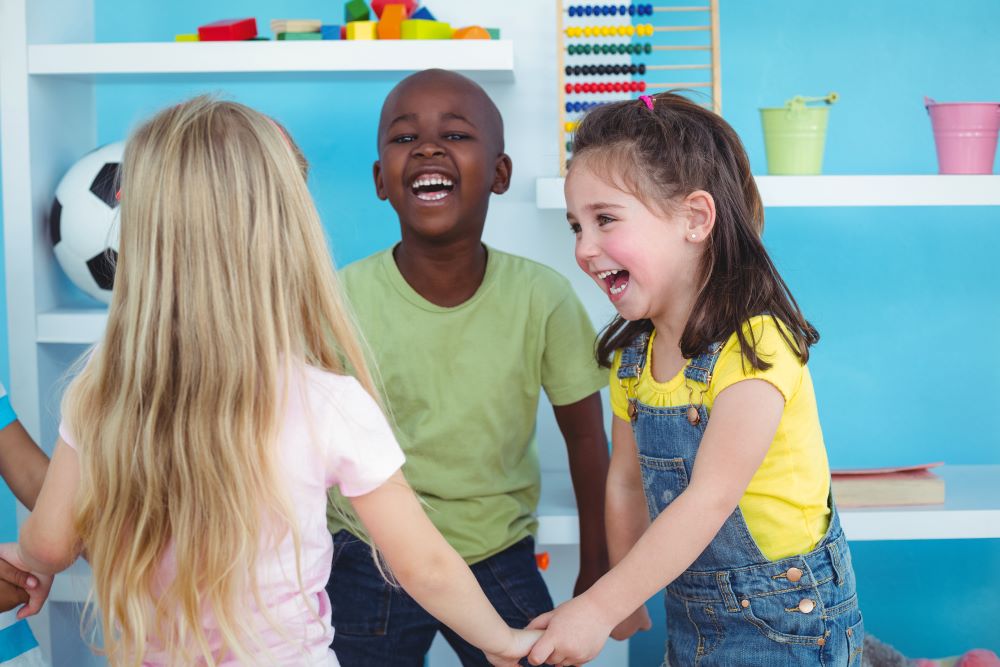
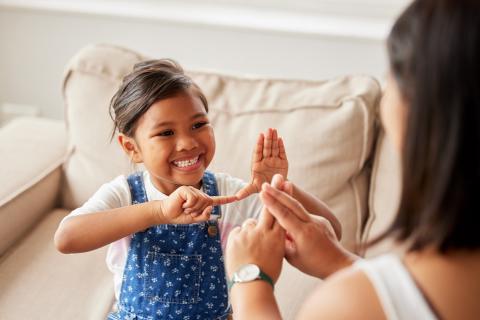
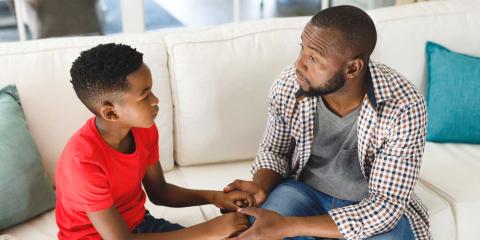
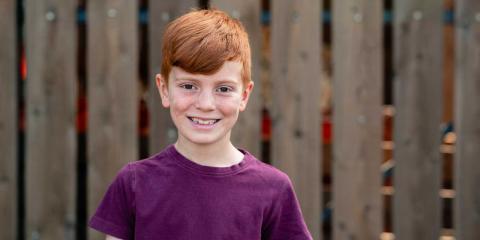

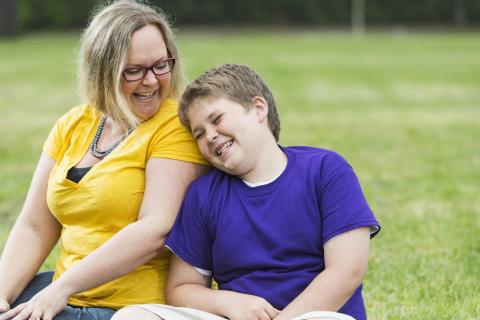

 Mental Health & Wellbeing
Mental Health & Wellbeing
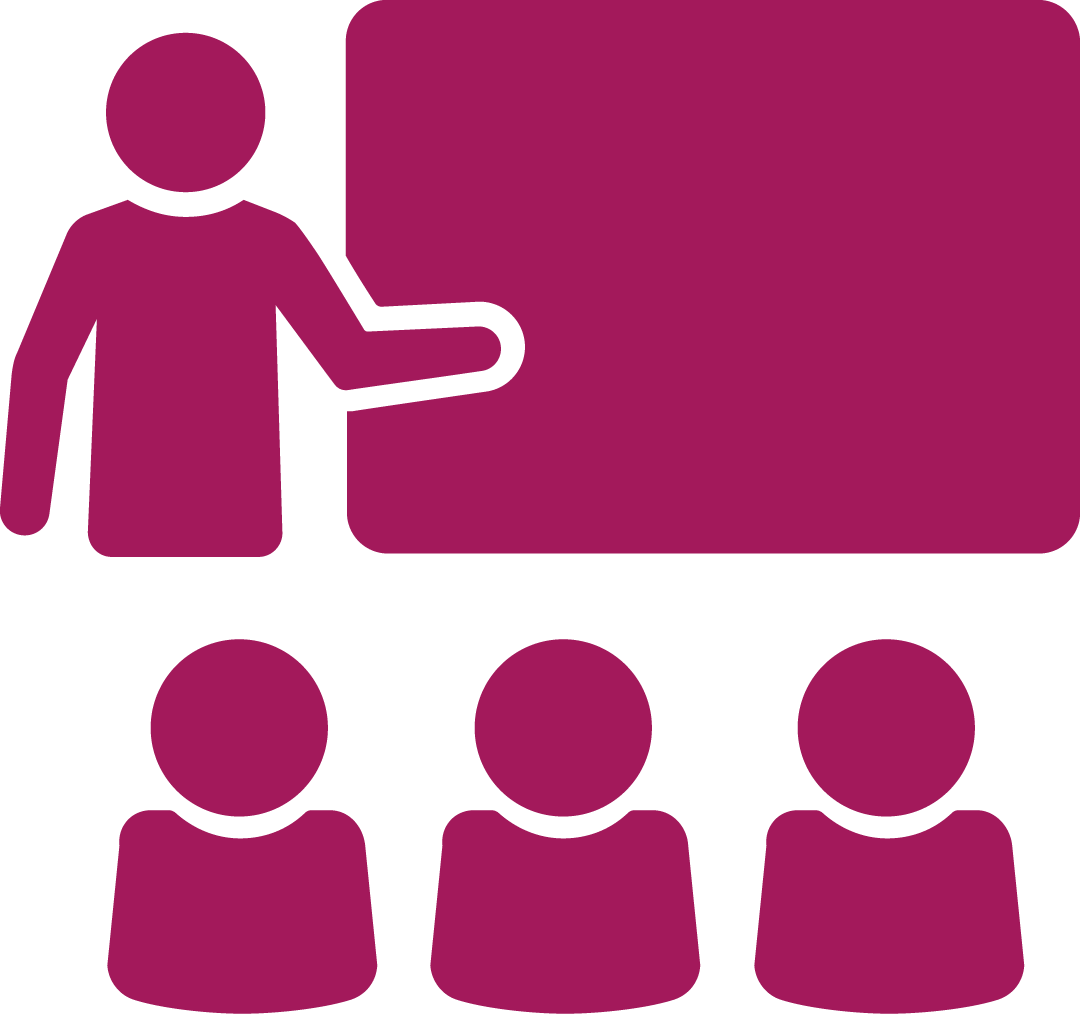 School & Education
School & Education